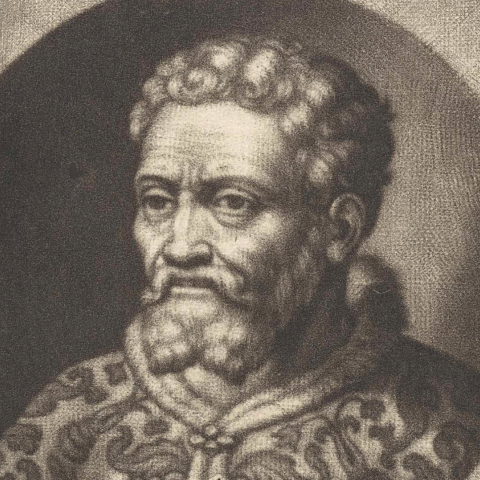Michelangelo's IQ Is Reported to Be 145
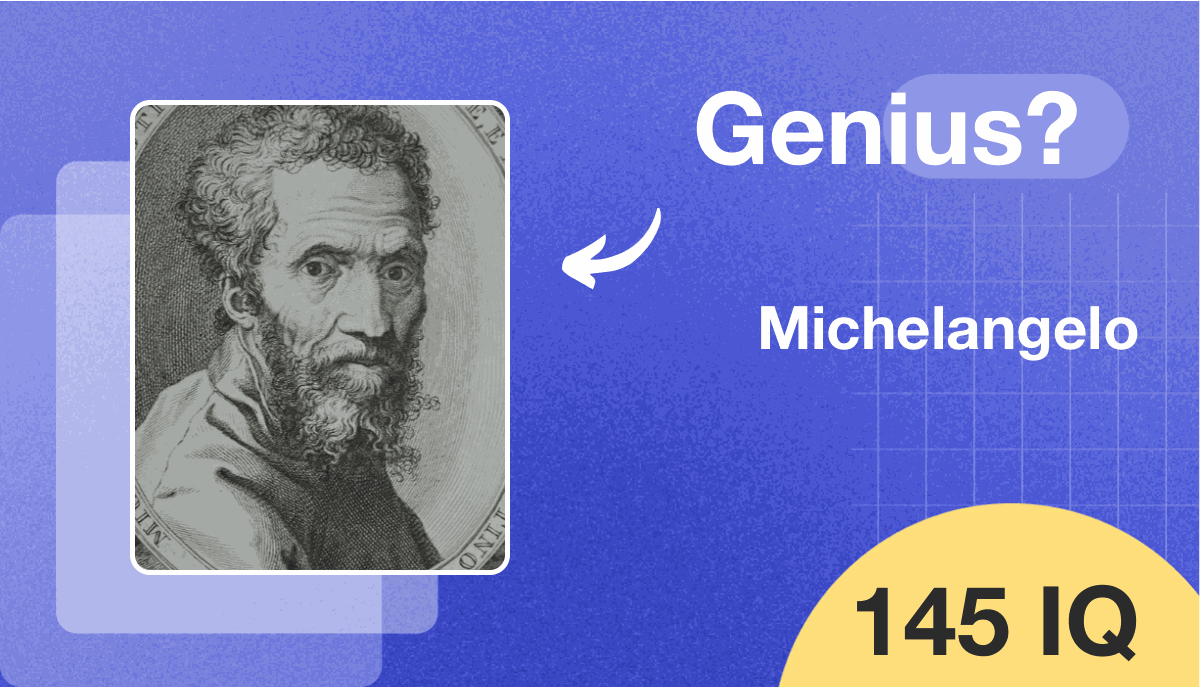
Michelangelo Buonarroti, born in 1475, was a Renaissance artist known for his skills as a sculptor, painter, architect, and poet. His genius shows in masterpieces like the statues of David and Pieta, and the ceiling frescoes of the Sistine Chapel. His work blends physical realism and deep psychological insight, which was ahead of its time. Michelangelo's high IQ of 145 reflects the brilliant mind behind his art.
As a young man, Michelangelo apprenticed with painter Domenico Ghirlandaio. During this time, he learned fresco painting, which was crucial for his work on the Sistine Chapel ceiling. Despite early setbacks, such as a mold that forced him to restart his work, he created iconic images like God touching Adam's finger.
In his later years, Michelangelo's work became more thoughtful and spiritual. A British Museum exhibition showcases treasures from this period, including the "Epifania," a large preparatory drawing.
His life was a struggle with worldly temptations and his own ego. However, his art still impacts culture deeply, showing the mix of beauty and struggle that marked the Renaissance.
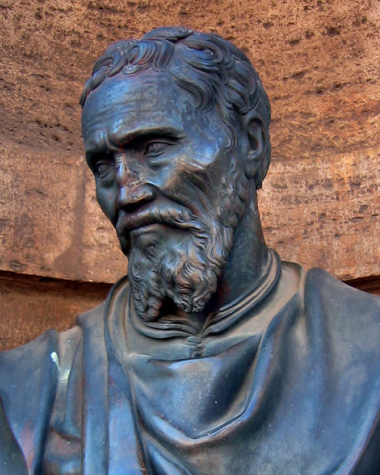

Average Confidence Level
HighThe average IQ of Michelangelo comes from Genetic Studies of Genius and is considered reliable. The scores from other sources are provided for reference.
 Confidence Level: High
Confidence Level: High
 Confidence Level: Low
Confidence Level: Low
5 Milestones That Show Michelangelo's Genius
- High IQ Estimate: Michelangelo's intellectual capacity is evidenced by an estimated IQ of 145. This remarkable figure suggests a significantly higher than average level of intelligence, underpinning his vast array of accomplishments across various art forms.
- Sistine Chapel Ceiling: The painting of the Sistine Chapel's ceiling, considered one of the greatest artworks of the Renaissance, was completed by Michelangelo alone over four years. This feat highlights his unique ability to conceive and execute complex works on an unprecedented scale.
- Innovative Sculptural Techniques: Michelangelo introduced innovative sculptural techniques that allowed him to achieve remarkable detail and realism. His works, such as the statue of David, display an adept understanding of anatomy and motion that was groundbreaking for his time.
- Architectural Ingenuity: As the architect of the Medici Chapel and the dome of St. Peter's Basilica, Michelangelo demonstrated exceptional architectural ingenuity. His designs combined robust functionality with aesthetic majesty, influencing the architectural language of the Renaissance. He also continued painting well into his 70s and 80s. Even living to that age was an incredible feat, as his lifespan was twice that of the average person during the Renaissance period!
- Literary Acumen: Michelangelo was also a prolific poet, composing over 300 sonnets and madrigals. His poetry is characterized by its emotional intensity and philosophical depth, further evidencing his broad intellectual capacities and deep understanding of the human condition.
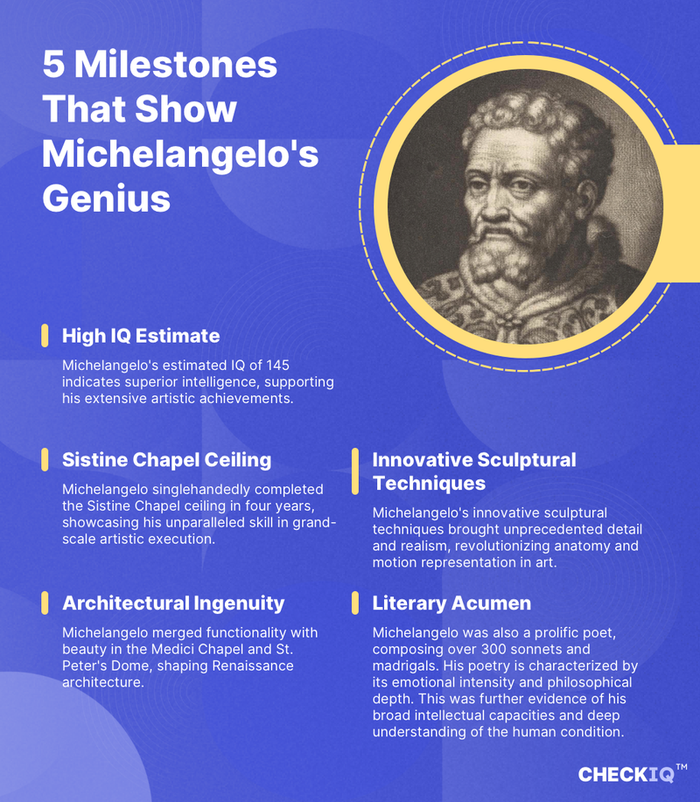
Try our accurate online IQ Test. Get your IQ score immediately.
Start IQ Test
How Does Michelangelo's IQ Compare to the Rest of the World?
Michelangelo's estimated IQ of 145 places him in an extraordinarily rare intellectual league. This impressive score would have granted him entry into the Triple Nine Society, which requires an IQ in the top 0.1% of the population. Naturally, Michelangelo's cognitive skills also surpasses the entrance requirements for both Mensa and Intertel, which celebrate the top 2% and 1% of minds, respectively. Yet Michelangelo had no time for membership cards and honors. He was focused on creating amazing works of art, like the statue of David and the Sistine Chapel ceiling.
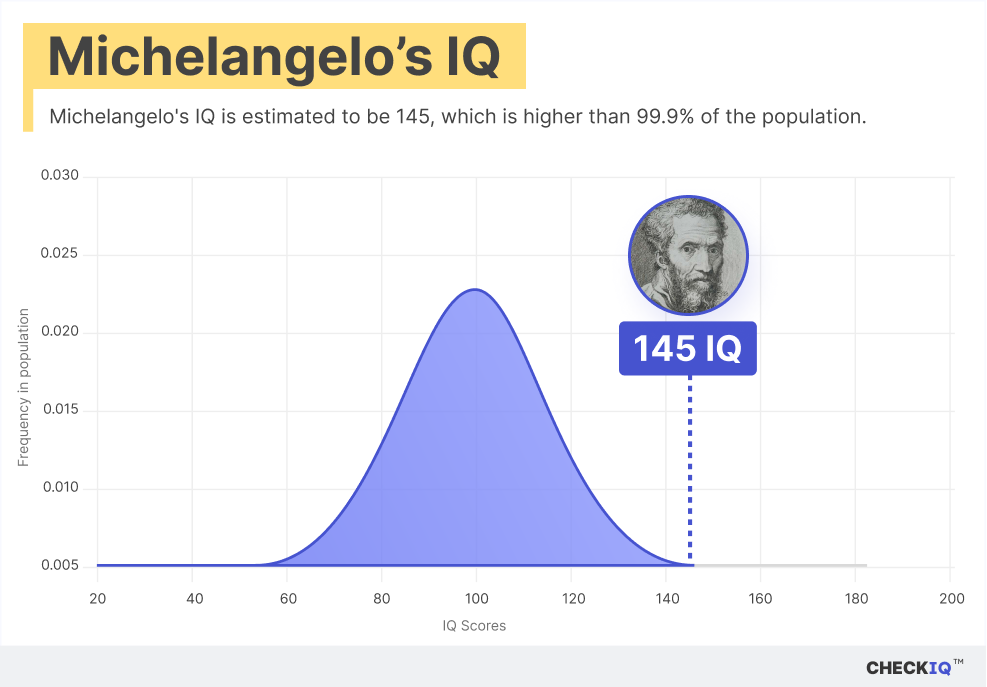
How Michelangelo's IQ Stacks Up Against Other Famous Painters
Michelangelo, with an IQ of 145, is a giant in the art world. However, when we look at Leonardo da Vinci's IQ of 180, we see a figure whose talents spanned painting, inventing, and science. Da Vinci's genius covered many fields, making him a true Renaissance man.
Similarly, Pablo Picasso's IQ, estimated at 175, made him a pioneer of Cubism, changing modern art. Picasso's new ways of seeing and creating art had a huge impact.
Salvador Dali the same IQ as Picasso. He brought surrealism to new heights with his strange and dream-like images. Dali's unique style made surrealism a major art movement.
Vincent Van Gogh, with an IQ of 165, fought personal struggles to create powerful artworks that influenced Expressionism. Van Gogh's emotional depth and bold colors left a strong legacy.
Compared to these figures, Rembrandt's IQ of 110 may seem modest, but his skillful use of light and shadow made a big impact on Dutch art. Rembrandt's ability to show human emotion and experience shows that artistic talent is not just about IQ.
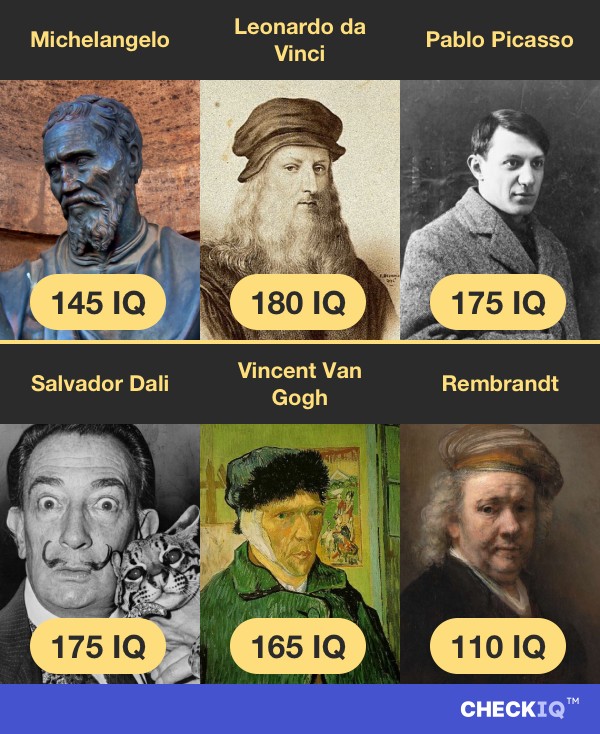
Do you think Michelangelo's IQ is a major factor in their accomplishments? Comment your thoughts below!

Find Out the IQ of Other Famous People
-
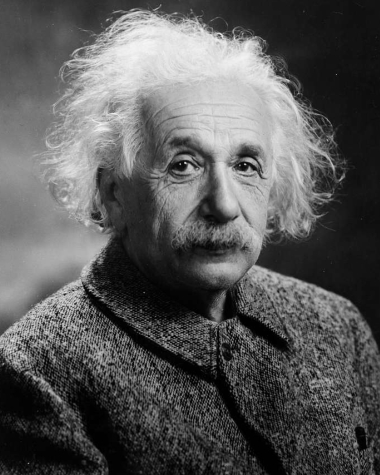 Albert Einstein160 IQ
Albert Einstein160 IQ -
 Paris Hilton132 IQ
Paris Hilton132 IQ -
 Beyoncé136 IQ
Beyoncé136 IQ -
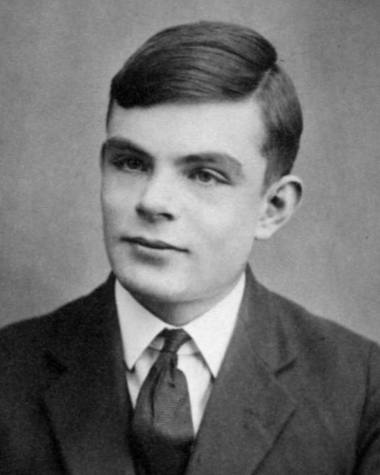 Alan Turing185 IQ
Alan Turing185 IQ -
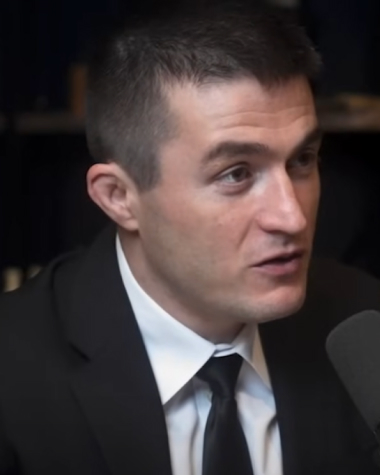 Lex Fridman135 IQ
Lex Fridman135 IQ -
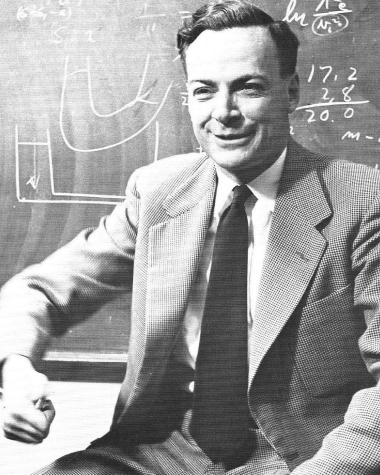 Richard Feynman124 IQ
Richard Feynman124 IQ

